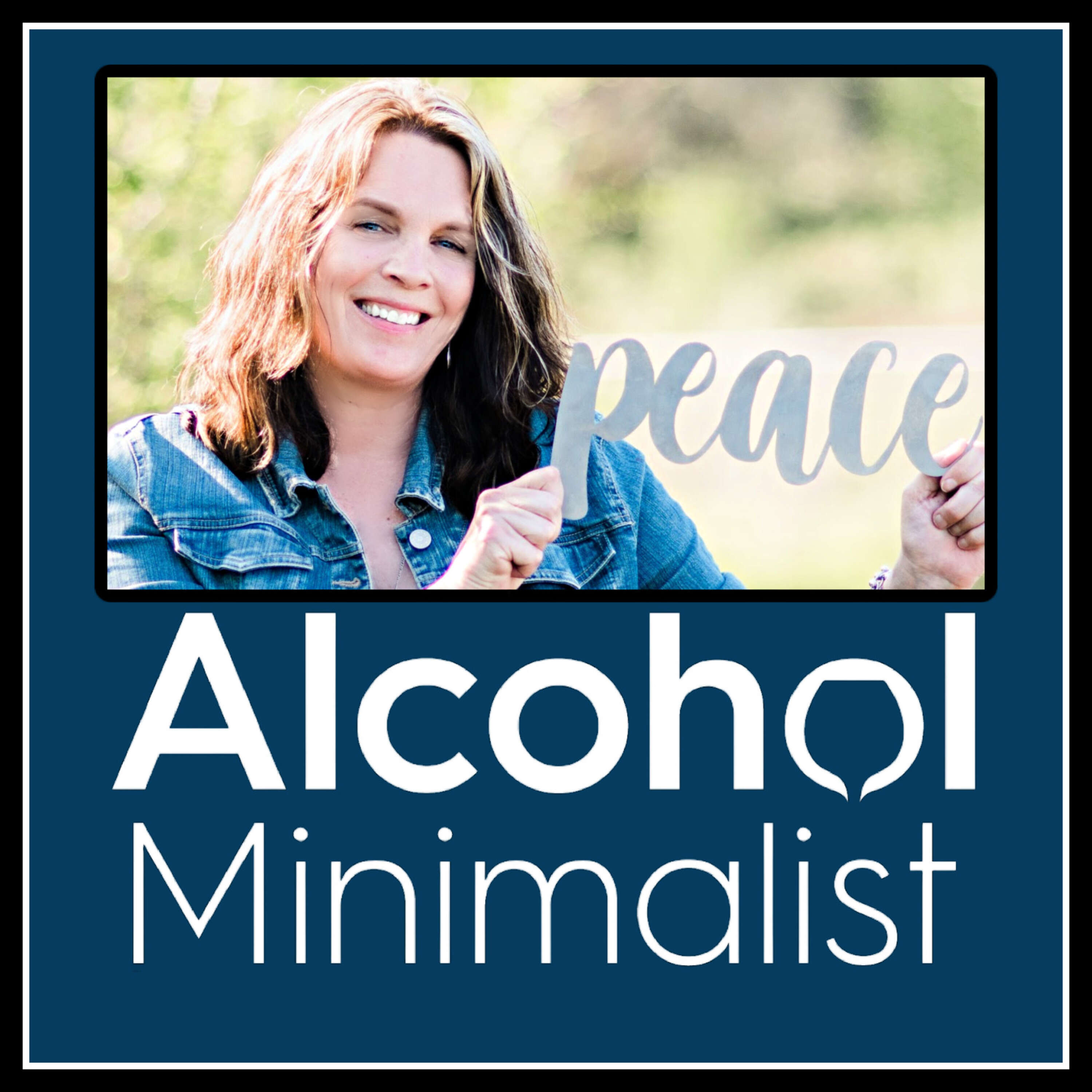Being Mostly Alcohol-Free
This week on the podcast I'm talking about being mostly alcohol-free. I share my own experience over the last four years as I've changed my drinking habits and the evolution of my relationship with alcohol. The take-aways of being mostly alcohol-free?
I feel the benefits of being mostly AF and I DESIRE those results MORE than I desire alcohol
Being mostly AF means that when I DO include alcohol in my life, it’s planned and it’s enjoyed.
And this one is maybe the most important thing I have learned from being mostly AF…I’ve learned that it’s entirely possible.
Ready to go for More Sober October? Sign up today for my FREE challenge!Want to know how I'm reaching my 70% Alcohol-free goal this year? Download the roadmap.Come check out Making Peace with Alcohol! my new online group coaching program and community.Join my private FB group Alcohol Minimalists here: https://www.facebook.com/groups/changeyouralcoholhabit
Has this podcast helped you? Please leave a review wherever you listen to podcasts! Follow me on Instagram: @AlcoholMinimalist
Have you grabbed your free e-book, "Alcohol Truths: How Much is Safe?" Get it here.
Low risk drinking guidelines from the NIAAA:Healthy men under 65:No more than 4 drinks in one day and no more than 14 drinks per week.Healthy women (all ages) and healthy men 65 and older:
No more than 3 drinks in one day and no more than 7 drinks per week.One drink is defined as 12 ounces of beer, 5 ounces of wine, or 1.5 ounces of 80-proof liquor. So remember that a mixed drink or full glass of wine are probably more than one drink.Abstinence from alcohol
Abstinence from alcohol is the best choice for people who take medication(s) that interact with alcohol, have health conditions that could be exacerbated by alcohol (e.g. liver disease), are pregnant or may become pregnant or have had a problem with alcohol or another substance in the past.Benefits of “low-risk” drinking
Following these guidelines reduces the risk of health problems such as cancer, liver disease, reduced immunity, ulcers, sleep problems, complications of existing conditions, and more. It also reduces the risk of depression, social problems, and difficulties at school or work.If you' are unsure about whether or not you have alcohol use disorder, please visit the NIAAA for more information.
★ Support this podcast ★

